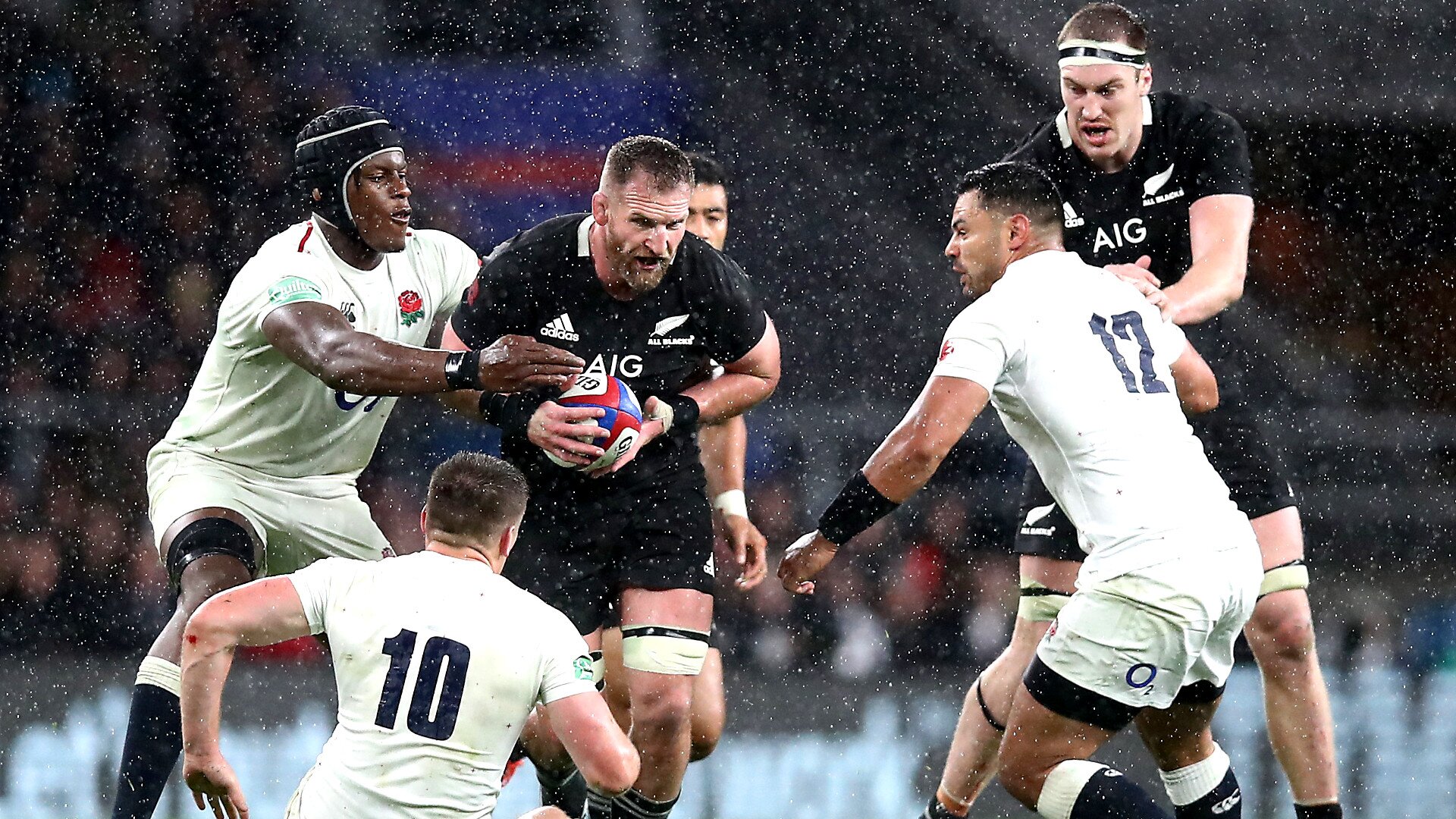Proposed 'World League' - Pros and cons

The global rugby community has been up in arms today, after a report emerged in the New Zealand Herald offering more clarity on what World Rugby’s proposed ‘World League’ will look like.
The report states that it will be a 12-team competition, incorporating the current Guinness Six Nations and Rugby Championship sides, with Japan and the USA taking up the final two spots, as well as being added to the latter of those two championships. One point that has particularly riled up fans of the game is that there will be no relegation from the competition, giving the likes of Fiji and Georgia no opportunity to join the party.
With World Rugby vice chairman Agustín Pichot appointed to the Board of Directors at USA Rugby last year, it has understandably stoked ire in a number of people, but as critical as the public consensus has seemed to be on the proposed competition, which is still just a report in one publication, there are positive elements to it.
We have attempted to stack up the pros and cons on the reported World League below.
Pros
- As stands, the games in England and France prop up World Rugby financially and the inclusion of two potentially big rugby economies in Japan and the USA would help drive growth of the game in those territories. If they can develop into the equivalent of the current Tier 1 nations and build participation numbers and support, World Rugby could find itself with more funding to help protect the game in countries like Fiji, Samoa and Tonga in the future.
- Japan having already shown they can be competitive at this level. They are ranked inside the top 12 nations in the world and are worthy of a spot based on both commercial potential and on-field ability.
- The USA currently sit 13th in the world and have taken the scalps of Scotland in recent years, as well as running Italy and Ireland both close. It is not quite the stretch of imagination to have them among the top 12 teams in the world that some are making it out to be.
- The financial benefits for the unions involved look to be significant, particularly for the non-Six Nations sides, who do not currently enjoy the financial rewards that can be achieved in the northern hemisphere. This is money that can help sustain the game in those countries and allow them to better retain their players, instead of seeing exoduses, particularly after Rugby World Cups, to Europe.
Cons
- It is likely to create an even bigger divide between the Tier 1 and Tier 2 teams, something which World Rugby has been attempting to combat, most notably at the Rugby World Cup. Without the opportunity for sides like Fiji and Georgia to play the New Zealands, Englands and South Africas of the world, they are denied the possibility of moving away from being big fishes in a small pond.
- Fiji, Samoa and Tonga are left out in the cold. England and France had both committed to touring the Islands after the 2019 Rugby World Cup, but under this reported proposal that would be impossible, with both nations bound into their World League obligations.
- Under the reported structure, some teams will face five-straight weeks of international rugby at the end of the year, with the three final fixtures of the regular season, as well as semi-finals and a final to follow. The likes of Kieran Read, Jonathan Sexton and Owen Farrell have all already made statements on behalf of the International Rugby Players organisation, criticising the lack of player welfare considerations in the proposal.
- It will bring an end to touring, with sides from the Six Nations heading to the southern hemisphere in July to play three different opponents and the vice versa true for the southern hemisphere sides heading to Europe in November. There are no mentions of the British and Irish Lions in the report, but if it is to be an annual competition, that could mean the end of the Lions, who would require involvement from five of the 12 teams every four years.
- To crown a best side in the world every year, especially with a knockout phase involved, would only go to diminish the Rugby World Cup. Why do you need a showpiece event like the Rugby World Cup if, every year, you know who the best side in the world is? It is also likely to diminish both the Six Nations and Rugby Championship, with those tournaments set to just be components of the larger World League.
- Fiji are shunned, despite being the number nine team in the world, whilst Italy make it in as the 15th ranked side. The commercial reasons have been discussed in the pros section, but if the true goal is to market the tournament as the best 12 sides in the world going head-to-head, it simply cannot exist without promotion and relegation, nor the traditional competitions of the Six Nations and Rugby Championship being safeguarded from that.
Where do you stand on the proposal? Is it commercially appetising enough to warrant such radical change or does it lack a competitive validity with a ringfenced group of nations?
Let us know what you think.
Watch: Bill Beaumont and Willie John McBridge receive honours from the Queen.




































